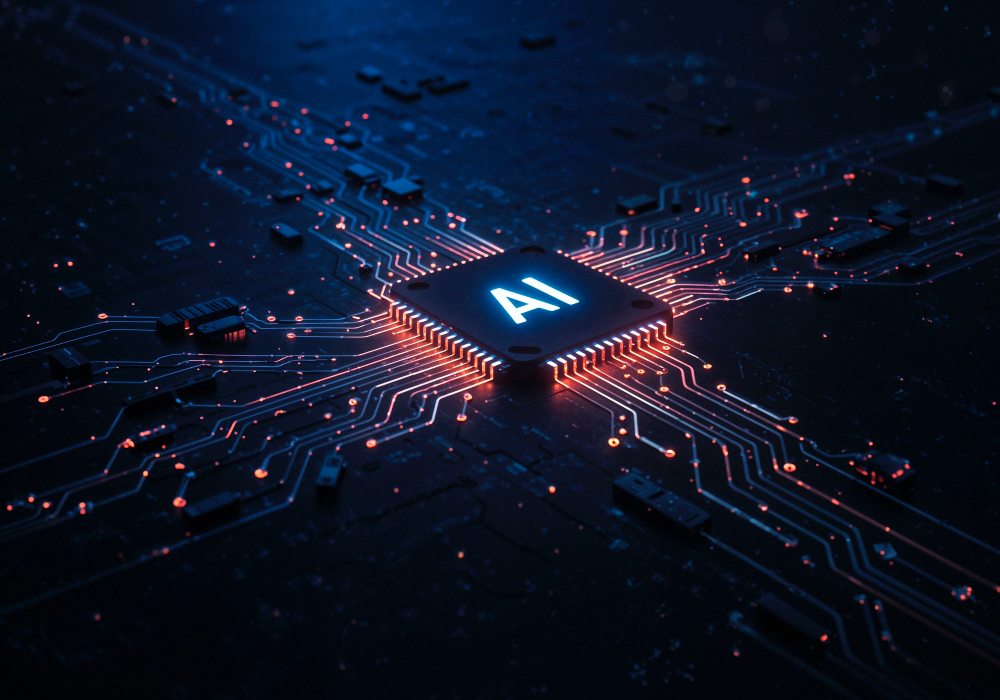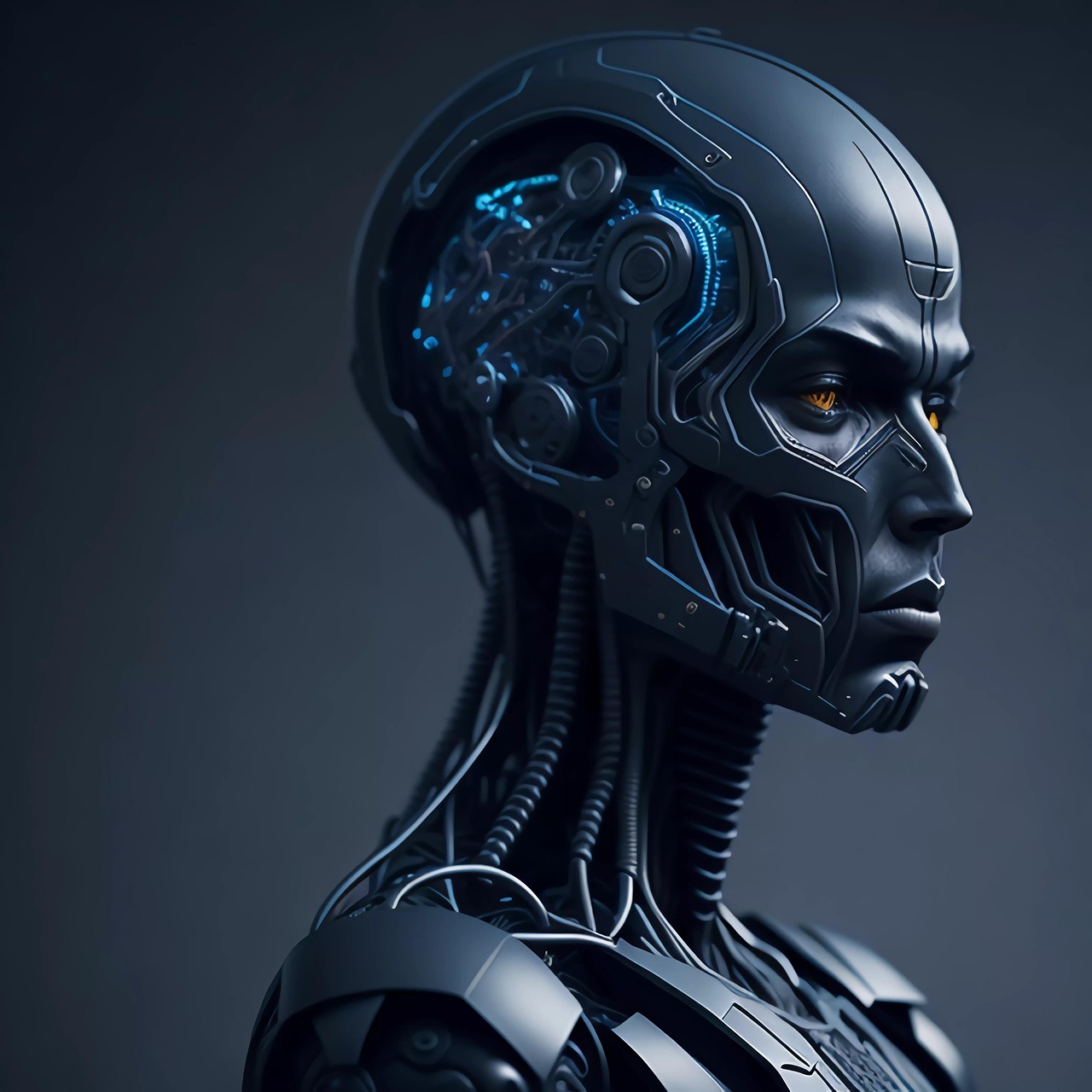Mounting anxiety is reshaping the modern workplace as AI alters job expectations and career paths. Pew Research indicates more than a third of employees believe AI could harm their prospects, fuelling tension across teams.
Younger workers feel particular strain, with 92% of Gen Z saying it is vital to speak openly about mental health at work. Communicators and managers must now deliver reassurance while coping with their own pressure.
Leadership expert Anna Liotta points to generational intelligence as a practical way to reduce friction and improve trust. She highlights how tailored communication can reduce misunderstanding and conflict.
Her latest research connects neuroscience, including the role of the vagus nerve, with practical workplace strategies. By combining emotional regulation with thoughtful messaging, she suggests that organisations can calm anxiety and build more resilient teams.
Would you like to learn more about AI, tech, and digital diplomacy? If so, ask our Diplo chatbot!










